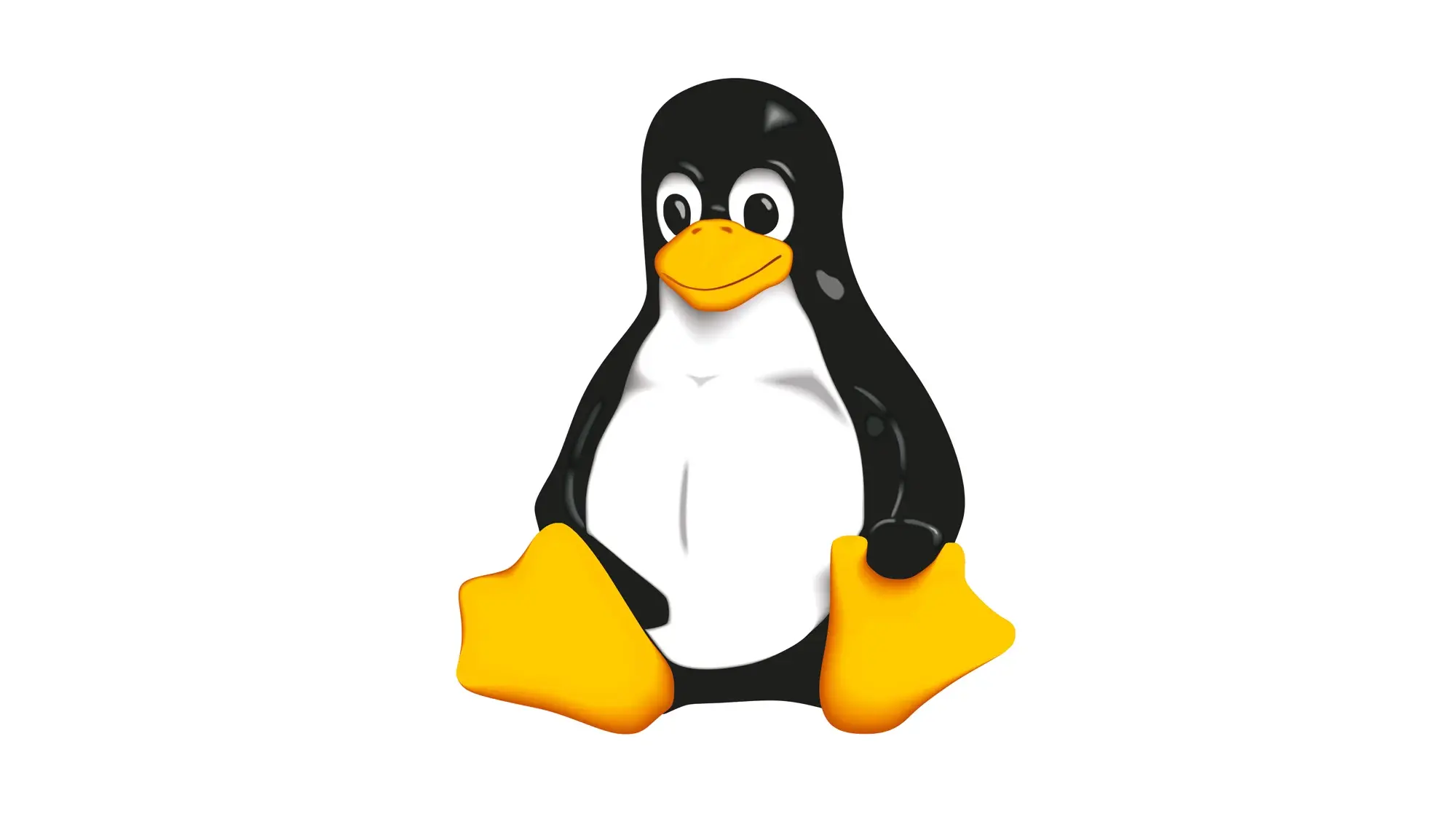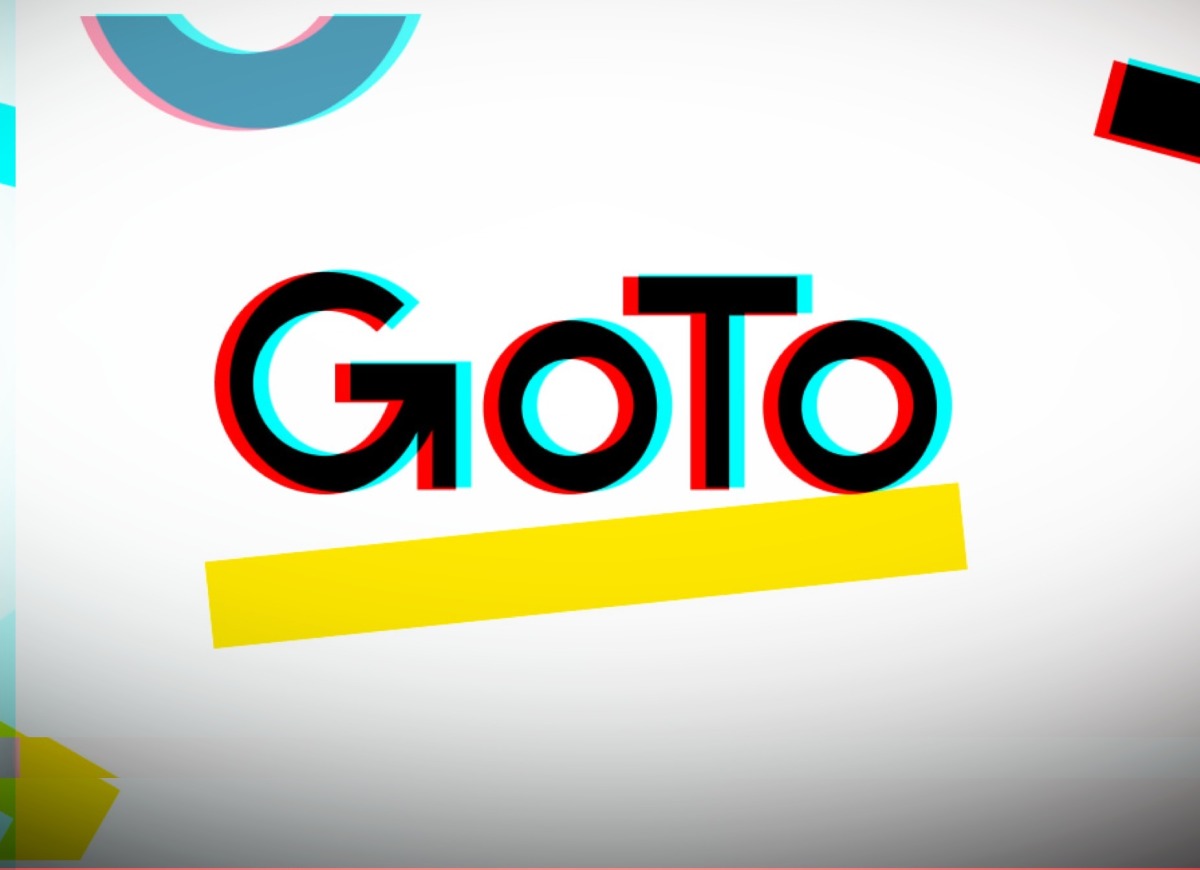Signal is the best intersection of genuine security and ease-of-use that I’ve ever seen. No choosing a server, no making an account. Just install the app, get a confirmation SMS, and now you can communicate with future-proof encryption and authentication right away.
For more technical people, who aren’t going to be intimidated by things like making accounts and secure passwords and choosing servers, Signal is not the best. But when I need to communicate securely with non-technical people, it’s a wonderful quick go-to solution.
It needs to be said. Because anonymity is only one part of privacy.
Security is another part - in messaging, this means that the message cannot be spied on in transit, and cannot be altered in transit.
Authenticity is another part - you need to know that the message came from who it claims to have come from, and not elsewhere.
Signal does not provide anonymity, basically. But it guarantees security and authenticity beyond doubt. And this is useful - you can exchange secure information with people using Signal, knowing that it’s not being spied on or altered, knowing that only the person you intend to see the data can see it, and knowing that they know that you sent it.
But yeah, if you want to send messages anonymously, other services are necessary.
You literally don’t understand how hashing works, got it. Please educate yourself on this topic. In short, “connecting your existing contacts” is ENTIRELY possible with hashed phone numbers; it’s not even complicated or tricky. To claim otherwise, as you just did, is nothing but trumpeting your own ignorance.
As for deleting (and propagating deletion of) messages, this is most definitely NOT a matter of “just trust us”. The client is open-source! We KNOW how it works. We KNOW that deletion propagates across devices when you tell it to. We KNOW that the service cannot see your unencrypted messages, and that the encrypted messages are made with AES so even quantum computers in the future can’t decrypt them. This is incredibly far from “just trust us”.
Are you talking about the client app, or about the service?
Much of what you said doesn’t apply to the service, which stores hashed phone numbers and first access / last access times and nothing else.
And the client does store these things, but also lets users delete messages and contacts. Your message deletions can propagate as well.
Signal stores the hash of the phone number. So you can query them for a specific phone number, but are unable to figure out phone numbers based on the hashes (outside of brute force - trying every 12-digit phone number).
And after doing that, you learn “this person uses/used Signal”, with no information about particular messages whatsoever.
The leak from the administration was because Pete Hegseth included a journalist in a discussion about sensitive war plans. Trying to blame that on Signal is deceptive on your part.
If you are saying that Signal does not offer anonymity then you are right. Anyone I message on there knows it’s me. But Signal is still keeping my messages safe from monitoring and third-party surveillance, to the best of my knowledge.
I’ve been happy not using Amazon since 2010!
For paper books, find a good local bookstore first. Then for online ordering, bookshop is good. B&N is iffy ethically - they helped crush a lot of smaller stores in the 90’s, but they aren’t part of the current tech giant oligarchy either. Target will usually have a section of best-sellers. If you have to buy from a big store, maybe offset it ethically by donating to a library.
For ebooks, Bookshop is good! They point out which of their ebooks have DRM and which don’t. For some cases, you can also buy books directly from the publisher - these basically never have DRM in my experience. I mainly experience this with technical books and tabletop RPG books.
It is available on F-Droid, if you add its repository. QR code here: https://gitlab.com/ironfox-oss/IronFox

I’ve been using Linux since 2015, and I run OS updates ASAP. Usually about once every 1 or 2 weeks, if we are only counting system updates. So that’s about 298 updates total, right?
Given your math (298 × 0.3) , you predict that I would have encountered driver issues after an update 89 times.
I have encountered driver issues 0 times.
(This is across 4 computers and 5 distros.)

Wait, you thought I was arguing against the idea of OS updates in general? Read better.
I was arguing against the idea that the user has to be forced out of the system while they run updates. This is because I use an OS where the updates run in a window and I can keep working.
(To everyone else: check out this guy’s comment history. He basically came here to do PR for Windows.)

Windows has so much pushy behavior - trying to trick you into using Edge, turning on OneDrive and syncing files in the background (eating bandwidth in the process), locking you out of the machine while OS updates run.
When I switched to Linux Mint in 2015, the most surprising result was how much smoother and frictionless everything became.
I genuinely believe that the “average” user outlined above would be served well by Mint. Why would I not tell people to use it?
I love Signal, and I have persuaded people to use it a lot. That said, it is definitely not the gold standard for privacy. It’s a good-enough compromise between actual unbreakable encryption and trivial for anyone to use. It’s always been valuable for that reason, and still is.
Don’t worry about Molly - it uses a variation of the same code that Signal does, so they don’t need “help” to get critical fixes that Signal receives. Use it if you like it!
The actual gold standard for privacy would be logging in through TOR and sending GPG-encrypted messages that way. And there’s an app which does this, too - it’s called Briar. (No phone number needed, either!) It’s not as seamless to set up as Signal is, though.
Asking the right questions is fine.
If you posted, “I was tremendously affected by the events of 9/11” and someone replied “By which event on 9/11? Lots of things happened that day!” or “9/11, which year?” They are not advancing the discussion, they’re just wasting your time. Asking someone in the early 2020s to specify which pandemic they mean is just as pedantic.
Socrates would have loved to interrogate the possible relationship between internet culture and the pandemic. He would have asked questions to draw out the thread OP’s beliefs and assumptions. Asking “which pandemic” doesn’t accomplish that goal.
I feel that bad faith arguments need to be called out on sight.
The purpose of a bad-faith argument, for the person making it, is to derail a discussion - with the end-goal of protecting something that the discussion would otherwise cause damage to.
A good-faith discussion would reveal a lot of correlation between social media corporations, misinformation, and vaccine denial - with a good bit of political and religious context as well - but if the posters in the discussion have to waste their time being badgered about “which” pandemic, or whatever else can be nitpicked, then the discussion becomes tiresome and people stop having it. That’s the goal, for some.
You have made an interesting example of a bad faith argument. There is exactly one possible pandemic he is referring to, yet you are acting like he is not specific enough about which pandemic. He is not referring to the black plague, the Spanish flu, or smallpox, as those are not correlated with internet privacy.
If you were genuinely curious about a link between internet privacy and the pandemic, you would not ask the poster to waste everyone’s time specifying “which pandemic” we all know he was referring to.
Personally, I would like to see @mariubrlu@mastodonapp.uk talk more about the link between internet privacy and the pandemic. I have my own theories about it as well, but hearing more from others may help to clarify my own position or even change my mind on some points.
Edit from the future: I was wrong to say “There is exactly one possible pandemic he is referring to”. See https://lemmy.ml/post/713841/comment/372567
The TLDR is that I realized the big internet companies are trying to make our lives worse to their benefit.
It started with the Kindle - I was comparing e-readers, saw that most of them use the ePub format, and learned that Kindle was not supporting that format. They had a custom format instead. Anyone with a computer can make an ePub, but you need special software to make Amazon’s format.
The effect would be that everyone who bought or received a Kindle was tacitly agreeing to make all of their ebook purchases from a single store. If B&N has a sale, or Kobo offers better image quality, the Kindle user will still only purchase their ebooks through Amazon. It’s a per-user monopoly.
(I know that technically savvy users, with a cavalier attitude towards Terms of Service agreements, can work around this. I do not believe this describes a majority of book customers.)
Anyway, when I saw what Amazon was doing, I cut ties with them entirely. I then started examining the other tech giants critically, and saw their bad behaviors as well. How FaceBook manipulates its users’ mental health, and how Google and Amazon slurp up your data and sell it. How Microsoft badgers its users and tricks them into installing anti-features. (I used to be so pro-Windows before this, it’s embarrassing.)
My goal with internet privacy is to ensure that these corporations do not profit from my data or attention. And I try to bring my friends and family with me, when it’s possible.



The safest cheap option is to buy a used old laptop, and run it on a VM there. Using a VPN over someone else’s wifi.